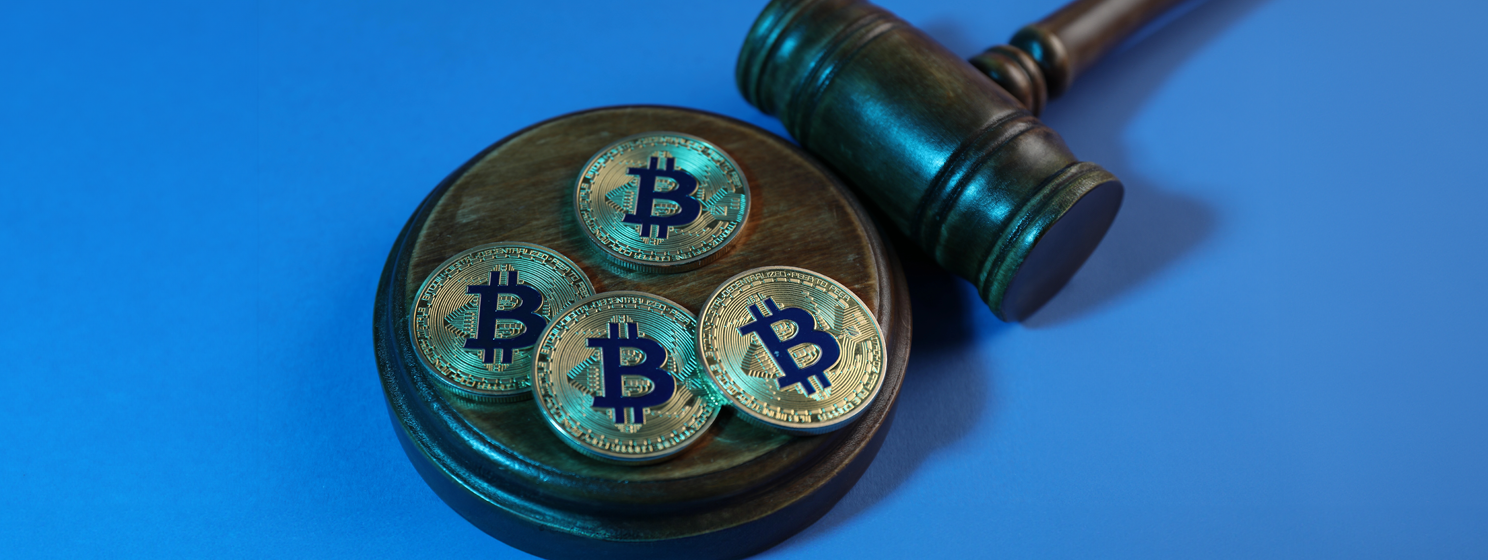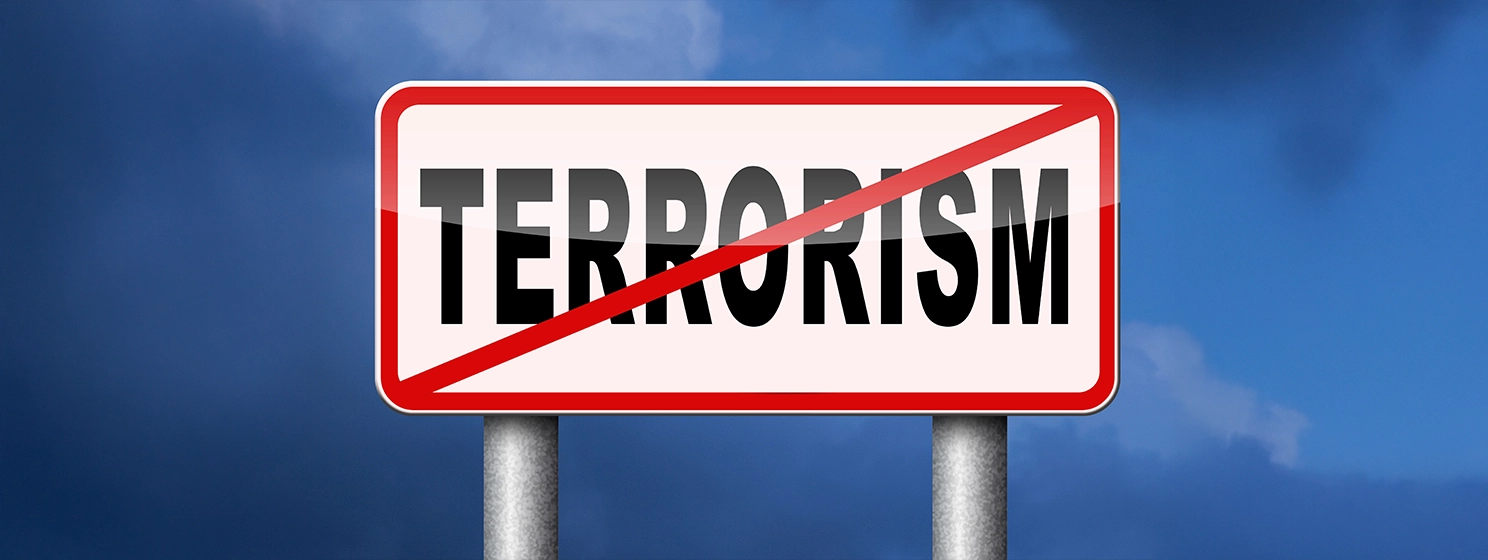|
Getting your Trinity Audio player ready...
|
The ‘crypto’ ecosystem has long followed the “ask for forgiveness, not permission” model for years. For many, it has backfired—and some are serving years in prison—and yet, many more continue to test the limits. Telegram Wallet, an in-app wallet on the instant messaging platform, has been operating under this model, but it has now suspended services in the United Kingdom to seek an operating license, years after it first started serving U.K. customers.
In the United States, PayPal (NASDAQ: PYPL) is extending its digital asset services, this time targeting U.S. business customers.
Telegram Wallet seeks FCA license
Telegram Wallet, a digital asset wallet native to the messaging platform that allows users to send and receive ‘crypto,’ revealed that it has suspended its services for U.K. users to pursue official licensing after operating in the country for years.
In a post to its community on Telegram, the wallet revealed that it was seeking registration from the U.K.’s Financial Conduct Authority (FCA) as a “cryptoasset provider.”
“We will disable our features for our existing U.K. customers until we have successfully navigated this process. Our U.K. customers will be able to withdraw their assets to external wallets with no fees. We will communicate directly with our customers regarding the update of their accounts to withdrawal-only mode,” it added.
The wallet was launched in April 2022 as a bot on the messaging platform that allowed users to send, receive and store TON—the native token of The Open Network—within Telegram chats at zero fees. Four months later, the developers expanded the functionality, including enabling fiat-to-crypto purchases, and made it a fully-fledged wallet within the messaging app. Since then, it has added a non-custodial wallet feature and a related decentralized exchange.
It’s worth noting that the wallet is independent of Telegram and that the decision to pursue an FCA license is unrelated to the legal troubles of the libertarian founder Pavel Durov.
This decision is informed by the FCA’s continued crackdown on unlicensed virtual asset service providers (VASPs), which has intensified this year. In its roadmap for 2024, the watchdog pledged to tighten its measures against digital asset market abuse, including through improving intervention systems relating to market integrity.
In the last three months of last year, the watchdog issued 450 warnings to companies that were promoting digital assets illegally, including habitual offender Binance. It also oversaw the removal of 35 apps from app stores.
And while Telegram is not related to the wallet app, it has also pledged to cooperate with regulators in the future following the arrest of its founder. Durov revealed a week ago that his platform will now disclose “the I.P. addresses and phone numbers of those who violate our rules can be disclosed to relevant authorities in response to valid legal requests.”
PayPal launches ‘crypto’ services for US merchants
In the U.S., PayPal is now targeting U.S. businesses with its latest digital asset service. The digital payments giant now allows U.S. merchants to buy, sell and hold ‘crypto.’
PayPal’s decision was informed by a growing demand for digital asset services by its customer base, the company stated in a press release.
“Business owners have increasingly expressed a desire for the same cryptocurrency capabilities available to consumers. We’re excited to meet that demand by delivering this new offering, empowering them to engage with digital currencies effortlessly,” stated Jose Fernandez da Ponte, the company’s vice president for blockchain and digital assets.
At launch, the service will not be available for customers in New York State, owing to its tougher regulations for the sector.
In addition to purchasing and holding, eligible clients can also send the ‘crypto’ to third-party wallets.
PayPal has increasingly warmed up to digital assets in recent years. It first announced digital asset support for users in 2020, and since then, it has expanded its products to include cross-border payments.
Its biggest move into the sector was last year when it launched PayPal USD (PYUSD), its dollar-backed stablecoin, which is now the sixth-largest in the market at a $708 million market cap. While its growth has been notable, it still trails the two leading stablecoins, USDT and USDC, which combined have a $155 billion market cap and command a 90% share of the stablecoin market.
Watch: RockWallet is the go-to app for everyone

 09-16-2025
09-16-2025 





